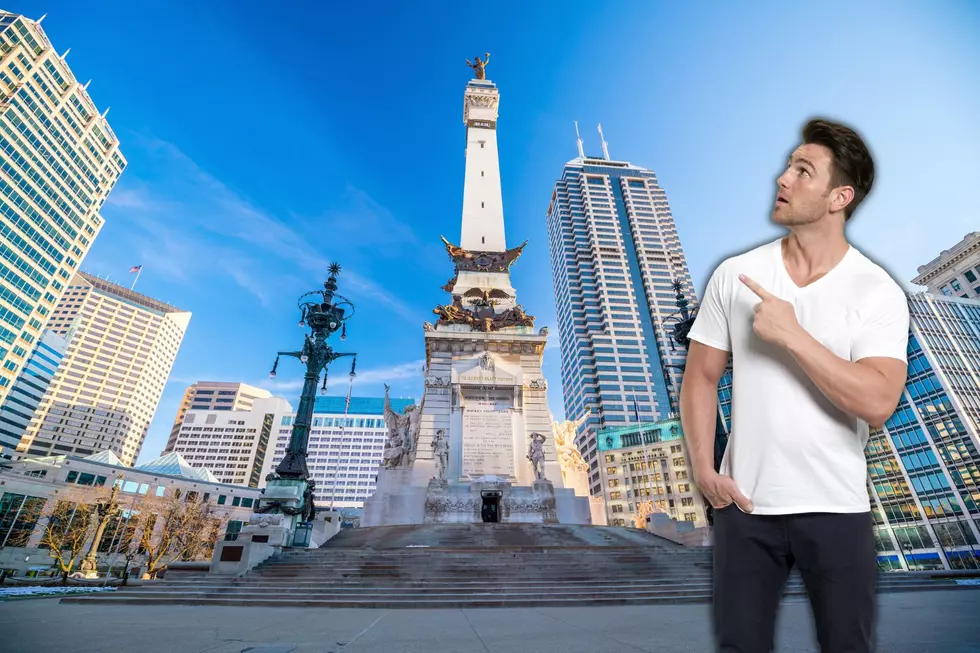
Indianapolis is the Largest City in the U.S. with This Unique Distinction
There's a lot to see and do in Indianapolis. Thanks to its location smack dab in the middle of the state, it's no more than a three-hour drive from anywhere making it a great place for a day trip or weekend getaway. Of course, it's home to both the Indianapolis Colts and the Indiana Pacers, plus it frequently hosts concerts from all different genres of music both at Gainbridge Fieldhouse (where the Pacers play their home games) and Ruhoff Music Center just outside of town in Noblesville throughout the year. Outside of those options, it offers a huge number of restaurants, shopping, and the largest children's museum in the world. However, there's one distinction the town can claim no other city in the United States can.
Indianapolis is the Largest City in the Country Located on One of These
While scrolling through Reddit recently, I stumbled upon a question by user JacketNo6073 in the Indiana subreddit asking fellow Hoosiers to share some fun facts they know about the state. While several of them caught my eye, there was one in particular that jumped out at me. It was that Indianapolis is the largest city in the country not built on a navigatable body of water.

Not wanting to take what one random person said on the internet as fact, I did a little research and found out their statement was true. What does that mean? By definition, a non-navigatable body of water means that can't be used by a commercial vessel. So, even though the White River runs north to south right through the city, unlike the Ohio River that creates the border between southern Indiana and Kentucky, it is not wide nor deep enough in several areas for shipping boats to navigate. Speedboats, pontoons, jet skis, kayaks, and other personal watercraft should have no problem in most places of the river, but it's a no-go for something like a barge that is often seen making its way down the Ohio.
The Irony of the Story
The location of Indianapolis was selected for two reasons. The first is its central location in the state that I mentioned earlier. The other was because of the White River. The thought was it would provide a "major advantage in transportation," according to Discover White River. Whoops. To be fair, the city was founded in 1821, so there was no way to know every nook and cranny of the river unless they took the time to navigate the entire 362-mile waterway themselves. Who has time for that?
Obviously, despite the miscalculation, I think it's safe to say the 16th largest city in the country has done alright for itself in its over 200 years of existence.
[Sources: Arts.gov / Life in Indy / Pass Masters / Discover White River / World Population Review]
Bucket List Things to do in Indianapolis
Broad Ripple's Flower Alley in Indianapolis
The Most Unique Museums in Indiana
More From WKDQ-FM









